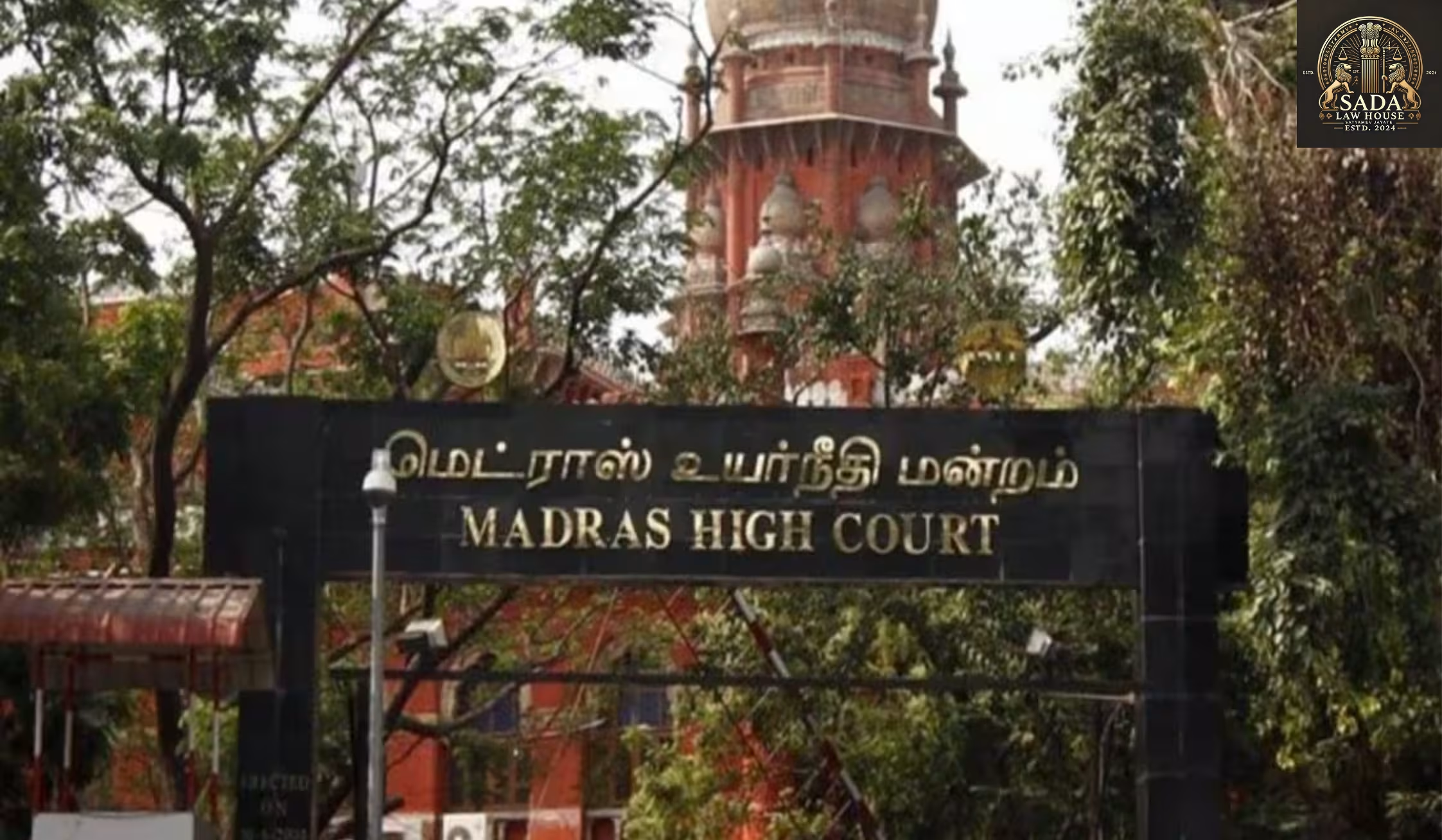Madras High Court Seeks Tamil Nadu’s Response on Facial Recognition in Policing Amid Privacy Concerns
- Kashish Jahan
- 16 June 2025

The Madras High Court has asked the Tamil Nadu Government to respond to a PIL challenging the use of facial recognition technology in policing. The case raises major concerns over privacy, surveillance, and legal safeguards in India.
PIL Filed Against Facial Recognition Technology in Tamil Nadu
The Madras High Court has directed the Tamil Nadu Government to respond to a Public Interest Litigation (PIL) questioning the legality of deploying Facial Recognition Technology (FRT) in law enforcement without clear legal safeguards. The petitioner argues that using FRT in policing violates Article 21 of the Indian Constitution, which guarantees the right to privacy.
Privacy, Legality, and Mass Surveillance at the Core
Lack of Legal Framework Raises Red Flags
According to the PIL, the use of FRT by police authorities lacks statutory backing, making it unconstitutional. The concern is that in the absence of a robust legal framework, this technology could lead to mass surveillance, profiling, and data misuse, threatening fundamental rights.
Court Seeks Detailed Government Response
The court acknowledged that the case raises serious concerns related to privacy, state power, and the use of emerging surveillance technologies. The Tamil Nadu Government has been asked to file a comprehensive response within four weeks.
A Crucial Test for Digital Rights and Constitutional Values
This case is being seen as a landmark moment for digital rights in India, especially in the context of the Supreme Court of India’s historic right to privacy verdict. It highlights the urgent need for laws that regulate how new technologies are used in law enforcement.
The judiciary now has a unique opportunity to define the boundaries of state surveillance in a constitutional democracy, ensuring that technological advancement does not come at the cost of civil liberties.
Conclusion: The Future of Surveillance and Privacy in India
The outcome of this case could shape how facial recognition technology is regulated across India. As surveillance tools become more common, public scrutiny and legal oversight are essential to uphold privacy rights, protect individual freedoms, and ensure accountability in policing technologies.
Case Laws






